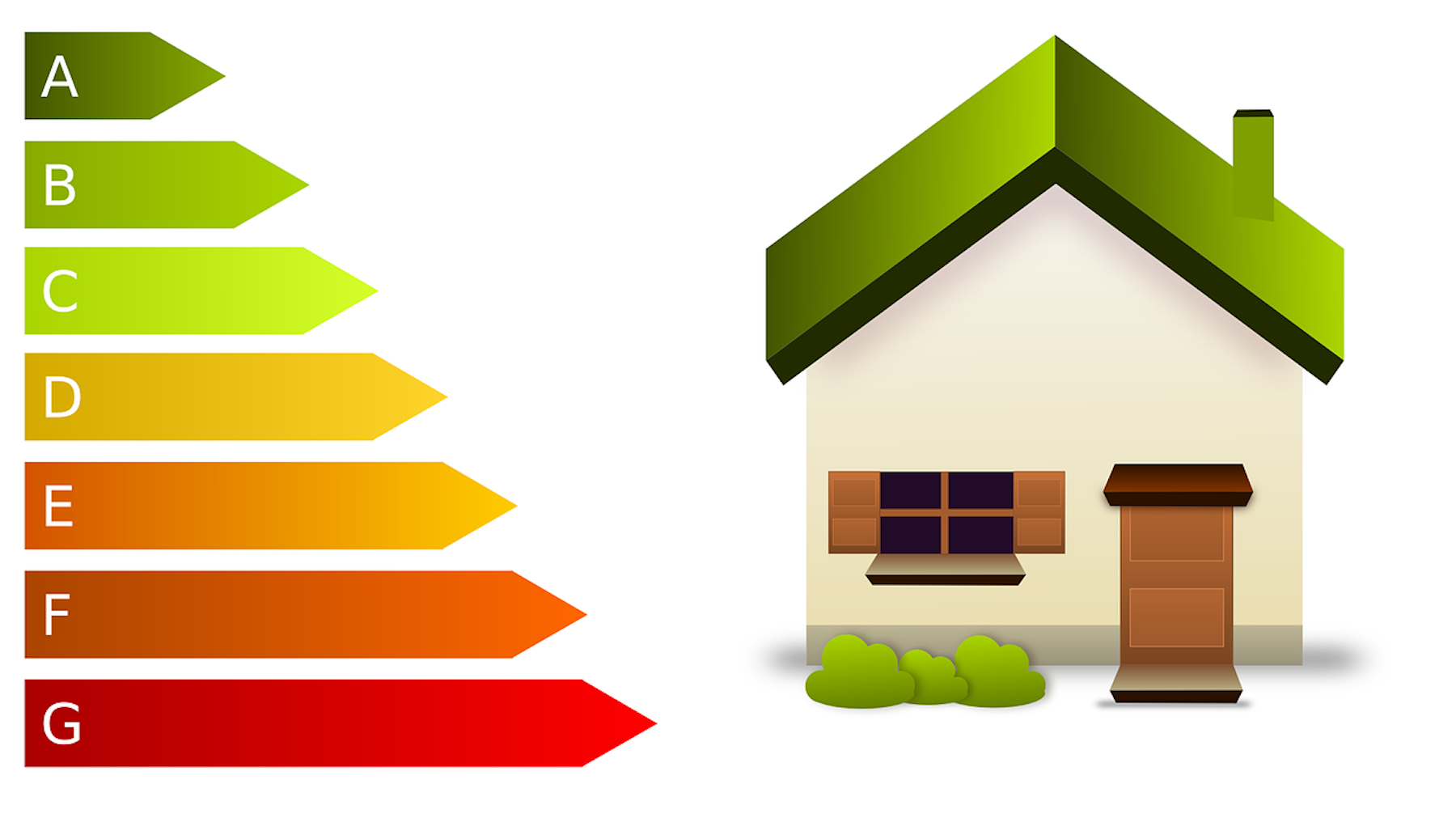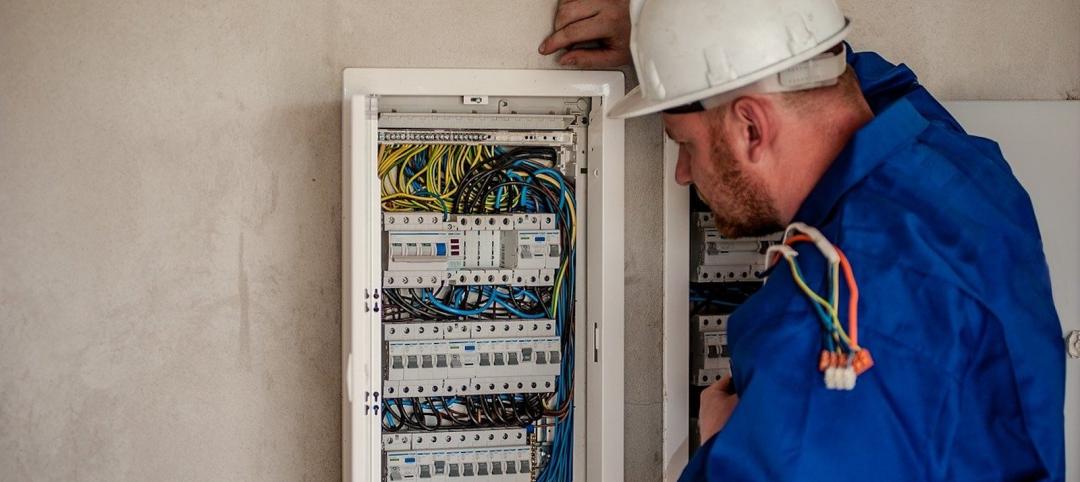The U.S. Green Building Council recently published a report containing principles outlining how LEED will evolve.
The chief concern is how to scale up decarbonization in the building industry to have the greatest impact on the climate crisis. Recognizing that the challenge is global, USGBC says: “We will increase the impact of LEED by making compliance simple, intuitive, and barrier-free. We will provide streamlined tools and pathways for more buildings, portfolios, cities, and communities to engage. We will leverage ESG reporting frameworks, performance standards and local regulation to drive, recognize, and reward continuous performance tracking.”
Other guiding principles include:
- Inspire and recognize adaptive and resilient built environments.
- Invest in human health and well-being.
- Create environments in which diversity, equity, and inclusivity thrive.
- Support flourishing ecosystems through regenerative development practices.
- Establish that buildings designed and constructed to LEED standards must also be operated to LEED standards.
Other points of emphasis will be to improve indoor air quality, address foundational mental and physical health needs, support resilient and people-oriented site design, promote use of green building products, focus on the impacts of climate change on health, and address the health risks associated with construction and worker safety.
Related Stories
Codes and Standards | Mar 24, 2022
New York senate moves to speed up fossil fuel ban in new buildings
Lawmakers in the New York State Senate are backing a proposal to ban fossil fuels in new building construction three years sooner than a plan proposed by Gov. Kathy Hochul.
Codes and Standards | Mar 23, 2022
High office vacancies have cities rethinking downtown zoning
As record-high office vacancies persist in U.S. urban areas, cities are rethinking zoning policy.
Codes and Standards | Mar 22, 2022
Dept. of Energy awards $32 million for next-generation building retrofits
The U.S. Dept. of Energy has awarded a total of $32 million for more than 30 next-generation building retrofit projects that will dramatically improve affordable housing technologies, according to a DOE news release.
Legislation | Mar 18, 2022
New framework to help site community solar projects released
The Solar Energy Industries Association (SEIA) released a new report to aid policymakers in siting community solar projects.
Codes and Standards | Mar 17, 2022
Dept. of Energy seeks input on building-integrated photovoltaic systems
The U.S. Department of Energy (DOE) Solar Energy Technologies Office (SETO) and Building Technologies Office (BTO) recently issued a request for information to gather input on technical and commercial challenges and opportunities for building-integrated photovoltaic (BIPV) systems.
Legislation | Mar 16, 2022
Weak federal commercial real estate rules will hamper seizing Russian assets
Lax disclosure regulations that have made the U.S. a global hot spot for money laundering via real estate holdings will make it difficult for officials to seize properties from Russian oligarchs.
Codes and Standards | Mar 15, 2022
First company awarded Fitwel Certification in Senior Housing for Occupant Health & Wellness
The Springs at Greer Gardens in Eugene, Ore., is the first property to earn a Fitwel global health certification under the newly created senior housing scorecard.
Codes and Standards | Mar 10, 2022
HOK offers guidance for reducing operational and embodied carbon in labs
Global design firm HOK has released research providing lab owners and developers guidance for reducing operational and embodied carbon to meet net zero goals.
Codes and Standards | Mar 7, 2022
Late payments in the construction industry rose in 2021
Last year was a tough one for contractors when it comes to getting paid on time.
Codes and Standards | Mar 7, 2022
Massachusetts proposed energy code changes don’t ban gas
Proposed changes to the Massachusetts energy code would provide incentives for builders to fully electrify buildings, but not impose a ban on natural gas hookups.

















